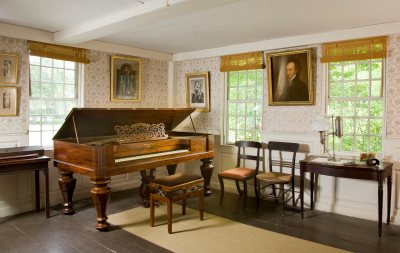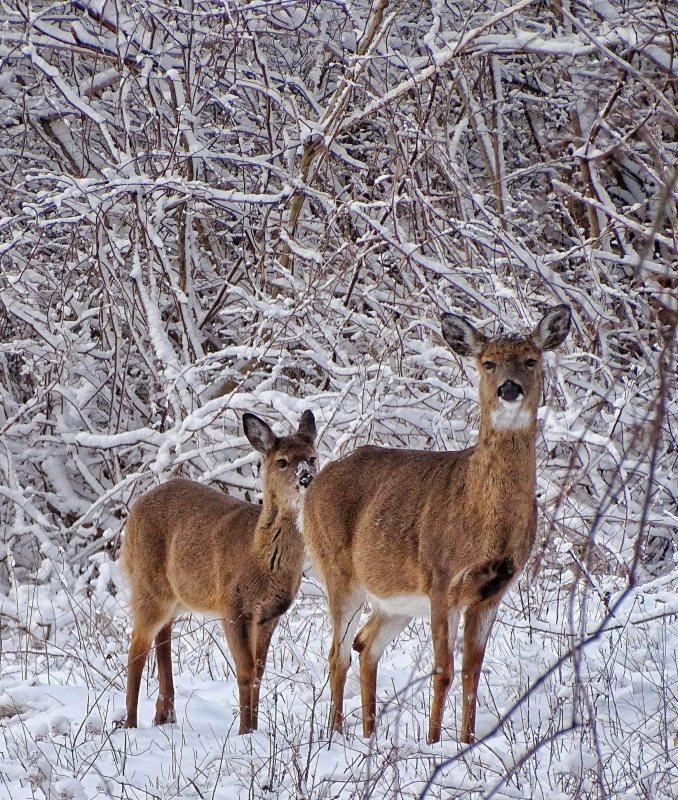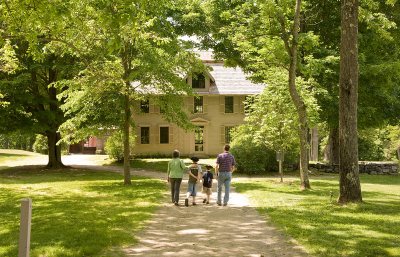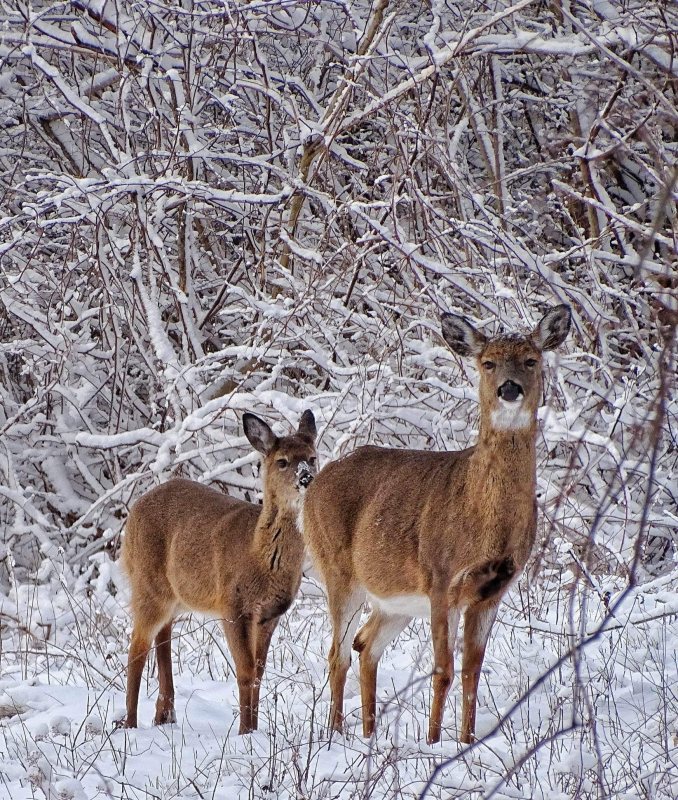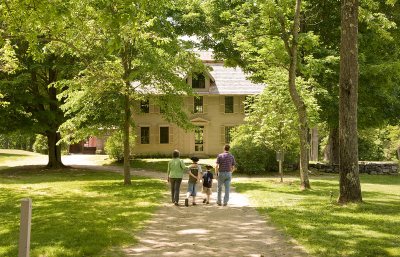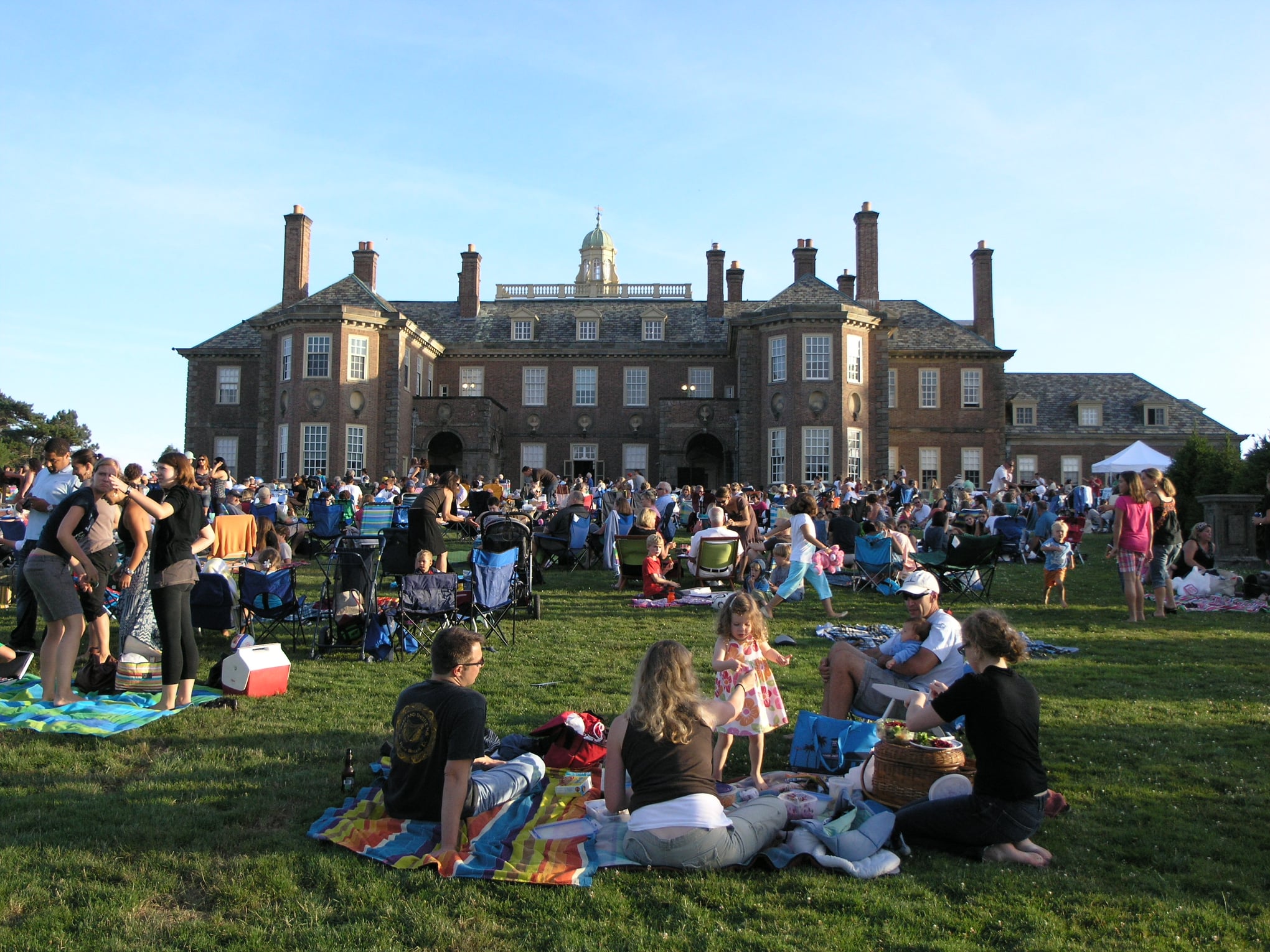

Enjoy endless new experiences and opportunities to connect with the people and activities you love.
We provide thousands of events and programs for you to enjoy across the state at our inspired places. Choose a favorite activity or discover something new.
on this page
Explore More
Hiking at The Trustees
With over 120 places and hundreds of miles of trails to explore across Massachusetts, hiking Trustees properties is plentiful and varied. Not sure where to start? We’ve rounded up a few ideas for you here!
Art & Exhibitions
deCordova Sculpture Park and Museum and Fruitlands Museum have long histories of presenting changing exhibitions of contemporary art for general audiences, who may come specifically to engage with art, but may also come for a social outing, a walk in a beautiful landscape, or the intersection of art and nature.
Winterlights
Two beautiful garden properties sparkle with thousands of shimmering, artfully designed holiday lights.
Ideas for Exploring on Your Own
Interact with Trustees staff from your favorite locations, see behind the scenes, ask questions you’ve wondered about, and experience The Trustees in a whole new way.
Join The Trustees
Lend a Hand
Support Our Work
Ticketing Questions
Do you have questions about tickets that you have reserved? Email us at tickets@thetrustees.org
To lookup your order & resend your tickets, please go here.
